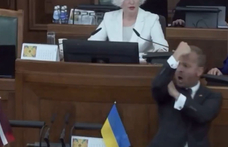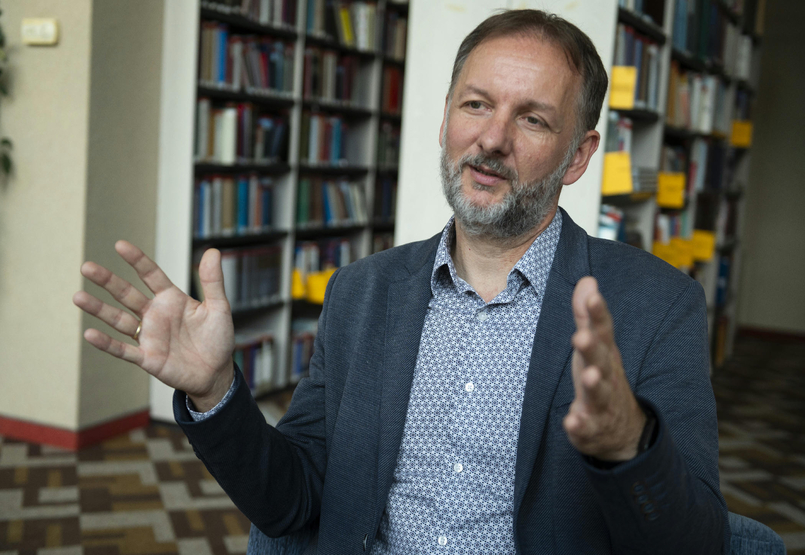Former prime minister József Antall's 15m Hungarians belong to the past. There are in fact about 12.5m Hungarians in the Carpathian Basin even though Hungarian governments of the past 15 years have tried repeatedly to resolve problems relating to the condition of Hungarians living in neighbouring countries. They have achieved little. Time is short, however: the number of Hungarians in neighbouring countries has fallen by a million in the past century, and the changes of 1989 have failed to reverse this trend. Censuses between 2000 and 2002 have shown a further sharp decline compared to ten years ago, which suggests that Hungarian foreign policy has failed in its ambition to help compatriots in neighbouring countries.
Even in the more developed neighbours, Hungarians tend to belong to the lowest strata of society. Thy live in villages or small towns, where unemployment is higher than the country's average. The proportion of Hungarians with higher education is at half the national average. Those who do stay on in education tend to leave the land of their birth. Despite the bureaucratic difficulties, Hungary has acted as a powerful magnet for Hungarians in neighbouring countries since 1990, despite universal agreement that Hungary should help Hungarians to stay where they were born.
Census data also shows that emigration is not the biggest problem.
Rather, not enough children are being born. Birth rates amongst the neighbouring country Hungarians are lower even than in Hungary, which itself has some of the lowest birth rates in Europe. There are also major losses to assimilation. Three quarters of children from mixed marriages go to schools that teach in the majority language.
Assimilation is most accelerated in the cities. In Transylvania, for example, the proportion of Hungarians in mixed cities has fallen by 15 to 20 per cent since 1990.
Hungarian policies seem to have no effect whatsoever. Governments can choose only one strategy: they can try to promote a network of institutions which can help those living abroad not just to preserve their identity, but to find a footing in the labour market, wherever they choose to settle. These policies have both symbolic and practical sides.
When József Antall called himself the spiritual PM of 15m Hungarians, or when Hungarian nationality documents were given out, these were symbolic gestures - and they played a major role in helping to sustain identities.
Budapest can also help develop institutions that aim to establish some kind of autonomy. Both the Socialists and Fidesz have committed themselves to supporting autonomy. However, the Socialists say it is up to Hungarian minority elites to decide what kind of autonomy is practical. The Socialists also leave it to those same elites to decide how to push for this autonomy in their own countries. Fidesz believes in international action. It says Hungarian foreign policy should agitate for an EU policy on the protection of minorities. But the opposition party continues to support dual citizenship, which is to some extent in opposition to the principal of autonomy, and from time to time both Viktor Orbán and György Matolcsy talk of the Hungarians abroad as a supply of reserve labour.
The Free Democrats speak in similar terms. One of their principle aims is a further liberalisation of immigration policy. The Hungarian Demcoratic Forum, the other smaller party, is a firm supporter of autonomy.

















